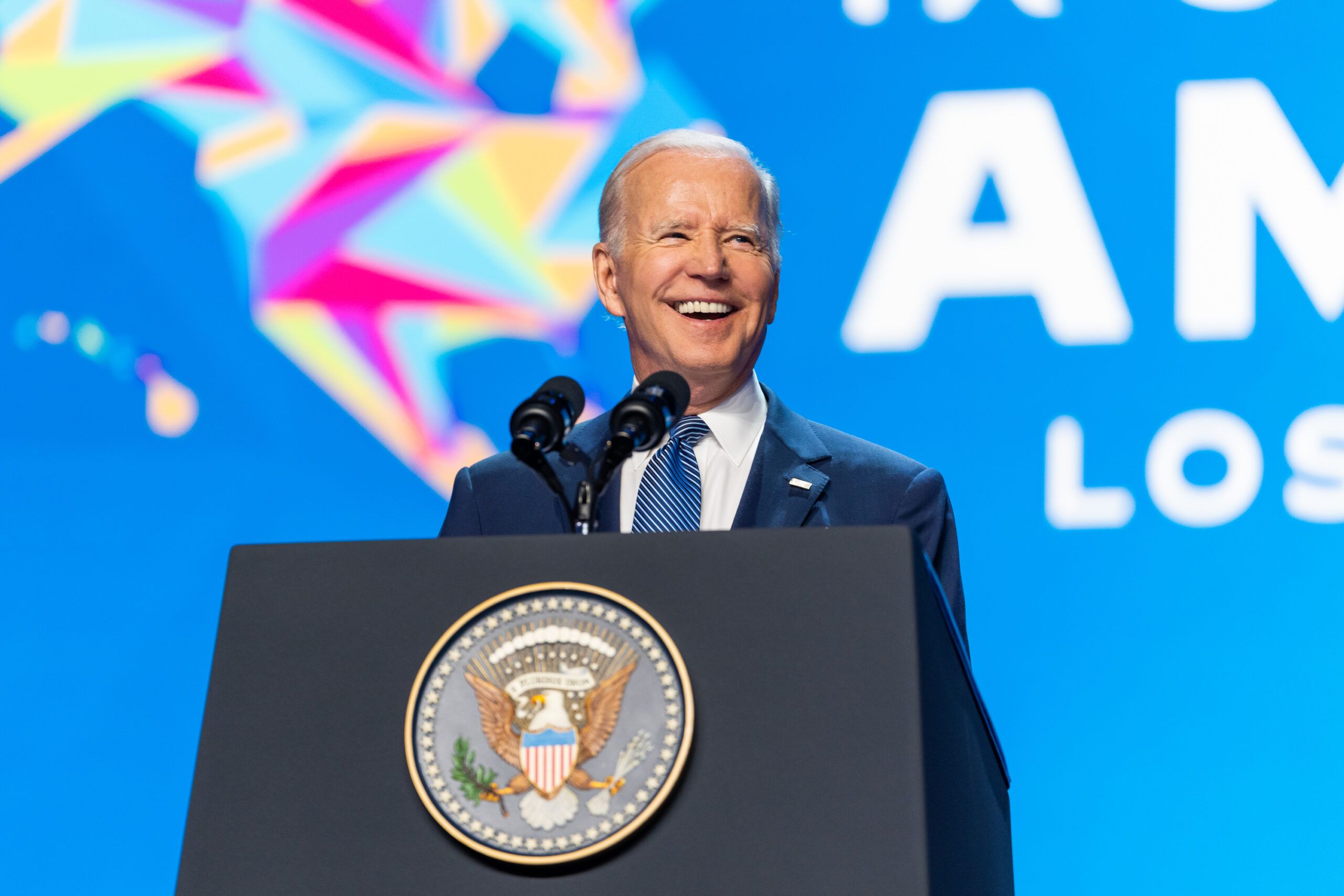Will Biden Soften Anti-China Tariffs?

Why the anti-Chinese super duties launched in 2018 and 2019 by Trump have ended up in the sights of the Biden administration, Facts, numbers and comments
The Biden administration has a fearsome enemy to defeat if it wants to avert a significant erosion of consensus within the American public opinion, and above all a burning defeat in the next mid-term elections: inflation .
FLOATING INFLATION
In May, the index had marked an increase of 8.6% year-on-year, the biggest leap since 1981. As reported by the data of Mark Zandi, chief economist at Moody's Analytics, reported by CNN , the average American family is spending every month about $ 460 more than last year and this is due to record increases at the gas pump, the price of which has risen by almost 50% compared to last year, and the rise in food prices by almost 12% .
If at first the government had limited itself to relying on the policies of the Fed, whose rise in interest rates nevertheless triggered the bearish alarm on the stock markets and the fear of an imminent recession, now the debate is still alive. on further steps to take to avoid the worst.
THE TRUMPIAN DUTIES
Hence the anti-Chinese super duties launched in 2018 and 2019 by the Trump Administration, which punish with withdrawals up to 25% a wide range of products made in China for a total amount of over 350 billion dollars .
It is no coincidence that in recent weeks revelations have multiplied about the internal discussions within Biden's entourage on the advisability of removing all or part of duties which, with some notable exceptions, have never been frowned upon at home. democratic.
IMMINENT DECISION?
Already at the beginning of this month, CNN still reports, there was talk of a decision that would be taken within a few weeks. But the timing, as well as the intensity of the debate within the White House, has accelerated drastically in recent weeks, and informed sources now tell Reuters that Biden would like to speak directly to Xi Jinping ahead of or close to the now imminent G7.
DIVERGENCES IN THE ADMINISTRATION
The problem, for Biden, is that there is no unanimity of views within his governing body about the advisability of this move. Those who would welcome the elimination of measures deemed of little strategic importance are opposed by those who would consider the abolition of duties to be useless from an economic point of view and even harmful from the point of view of the constantly evolving relations with China.
These concerns were voiced two weeks ago by Treasury Secretary Janet Yellen who, while saying she was in favor of the cancellation of some duties, added that she did not consider it "a panacea regarding inflation". Indeed, according to Yellen, it is not goods imported from China – guilty, according to the former Fed number 1, "of many unfair commercial practices" – that must be looked at in order to attack the problem.
But more recently speaking alongside President Biden at a trade union convention, press secretary Karine Jean-Pierre called Trump's tariffs "irresponsible", which would do nothing to "advance our economic or national security."
And yesterday the clarification of the White House spokesman, reported by Reuters , according to which the priority now for the Administration is to safeguard the interests of workers and companies without "unnecessarily increasing costs for Americans".
THE NATIONAL DEBATE
In the meantime, the debate in the country has become very lively, with positions taken in both directions.
"We believe this is the wrong time to ease tariffs on China," was the comment by Liz Shuler , president of the AFL-CIO union, who met with Biden last week at the Philadelphia Convention.
The former Treasury Secretary of Bill Clinton Larry Summers also made himself heard but with a diametrically opposite opinion: "I think that, if we can reduce tariffs where these are not strategic and are penalizing us, without harming even the Chinese, we can make a significant contribution to reducing inflation ".
The opinion of Margaret Cekuta , a former trade official who today heads the Capitol Counsel lobbying company, is more nuanced: "from an economic point of view it doesn't make much sense, even if it could help combat the psychological impact of high inflation ".
Even more complex is the thought of Gary Hufbauer , a researcher at the Peterson Institute for International Economics, according to which the cut in Chinese tariffs would not contribute much on its own to reducing inflation. It would be different if the White House decided to remove, in addition to those on Made in China, also the other punitive measures introduced for example on foreign steel or Canadian timber: in this case, according to the economist, one could hope in a 1.3% reduction in inflation.
END OF THE COMMERCIAL WAR?
The long pause of the Covid emergency and the outbreak of the war in Ukraine had overshadowed the Sino-American trade dispute. Inherited from the Trump administration, the tariff war saw his successor Biden stalling, however, being careful not to remove measures that, at the time, were designed to change the nature of the commercial relationship between the two countries at the root.
But now, with the aim of fighting inflation, the flag is not ruled out. Of course, this does not mean that everything will go to zero: as Reuters points out, it is very likely that the elimination of tariffs will be only partial and will not affect assets considered "strategic" such as circuits and semiconductors.
In the next few days we will know if this trumpism legacy will also be over or if the challenge between the two largest economies on the planet will continue in other forms.
This is a machine translation from Italian language of a post published on Start Magazine at the URL https://www.startmag.it/economia/biden-ammorbidira-i-dazi-anti-cina/ on Wed, 22 Jun 2022 08:08:04 +0000.
